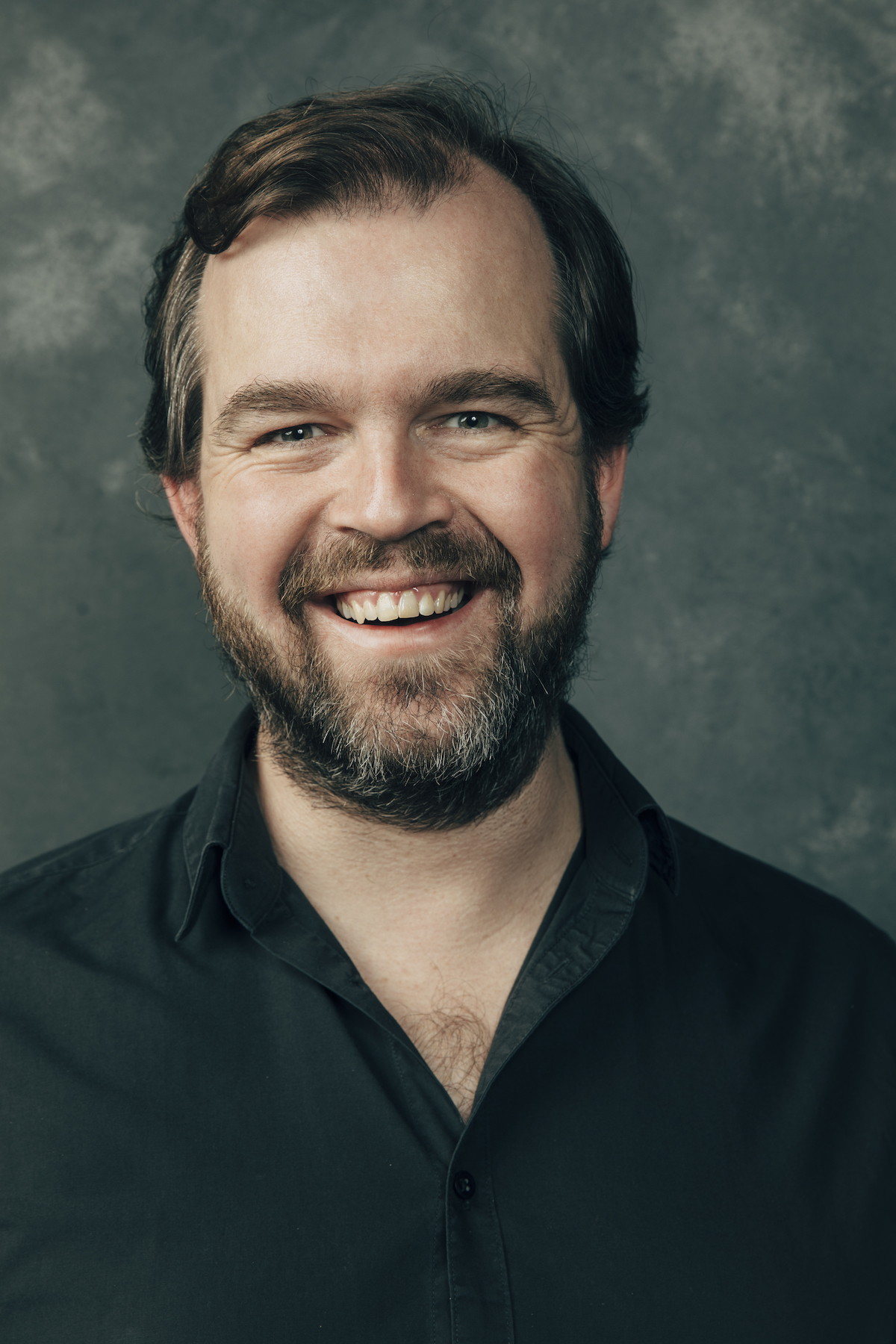'100 Must-have Operetta Melodies', 'The Best of Operetta', 'Operetta Evergreens'… The value of operetta music is often reduced to a few well-known musical numbers that were taken out of context. Thus, the emphasis is on the lyrical qualities of the music, the melodic shapes and the harmonization. Nevertheless, operetta scores have come into being in a comical-dramatic context, supporting, clarifying or commenting on a comical situation.
This research project starts from the premise that a musical score represents the first dramaturgical interpretation of a libretto, and for the 'opéra-bouffe' (the original name for the operetta) this means that the music doesn’t merely have an esthetic or ornamental function, but actively drives the story forward. The music is a comical actor within the narration. However, many of the available audio recordings illustrate that the written music apparently offers insufficient direct clues to reveal the connection with the libretto and therefore leaves room for a sentimental romantic approach.
This research focuses on the musical laws we need to understand in order to optimally bring humor to sound in the performance of operettas, in order to define stylistic characteristics within the musical notation.
Photo ‘Le Docteur Miracle’, Leuven





